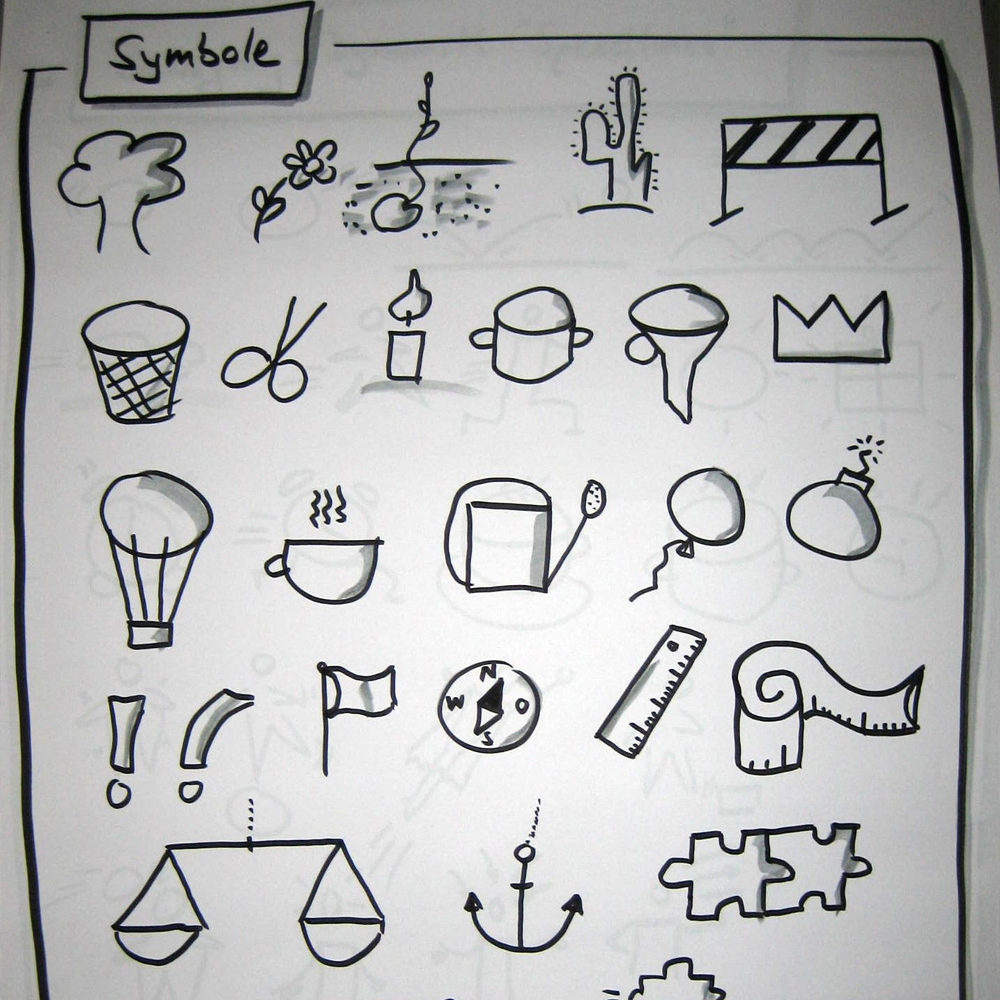There are different standards and norms to solve organizational, technical or methodological problems. They can follow different goals and can/should be used in different phases of software and system development. Standards and norms are based on the secure knowledge of industry, science and technology. With their principles for a unified approach they ensure constant quality.
Using a norm or standard offers a number of advantages. When defining a process, it can be based on something existing without inventing something new. Furthermore, the work results and processes are standardized and a unified procedure can be ensured. The use of norms and standards also regulates and promotes the communication, division of labor, interchangeability and responsibility in a project or in a company. With a standardized procedure, new projects can be calculated better and the quality of the developed system can be increased. But there are also a few disadvantages. In many cases, norms and standards are often taken over completely, without thinking about how they fit in with the company's internal structures and the conditions of the project. Likewise, setting fixed processes can lead to inflexibility and, with that, to negative effects. Often, the attention in a norm or standard is set too high on the documentation, so that, without an adaptation, this can lead to a "flood of paper". An excessive demand for management functions can also have negative consequences for a project.

Regarding system- / software development, you might come into contact with the following norms and standards:
If you have any questions to the consulting and project work of SOPHIST, we are at your disposal: from the organization and preparation to implementation and follow-up. We will be happy to help you.
Copyright 2018
Do you need more information?
Just give us a Call and let us direct you to the right contact person?
Tel: +49 (0)9 11 40 90 00
E-Mail: heureka[at]sophist[dot]de
Our office hours: Monday to Thursday: Friday:
08:00 - 12:00 Uhr 08:00 - 12:00 Uhr
13:00 - 18:00 Uhr 13:00 - 17:00 Uhr
Of course you are also welcome to reach various departments directly by e-mail:
All about trainings, projects or consulting activities:
All about our job offers and your career opportunities at SOPHIST:
DeineZukunft[at]sophist[dot]de
All about our events, marketing activities and publications:
You might also be interested in these topics: